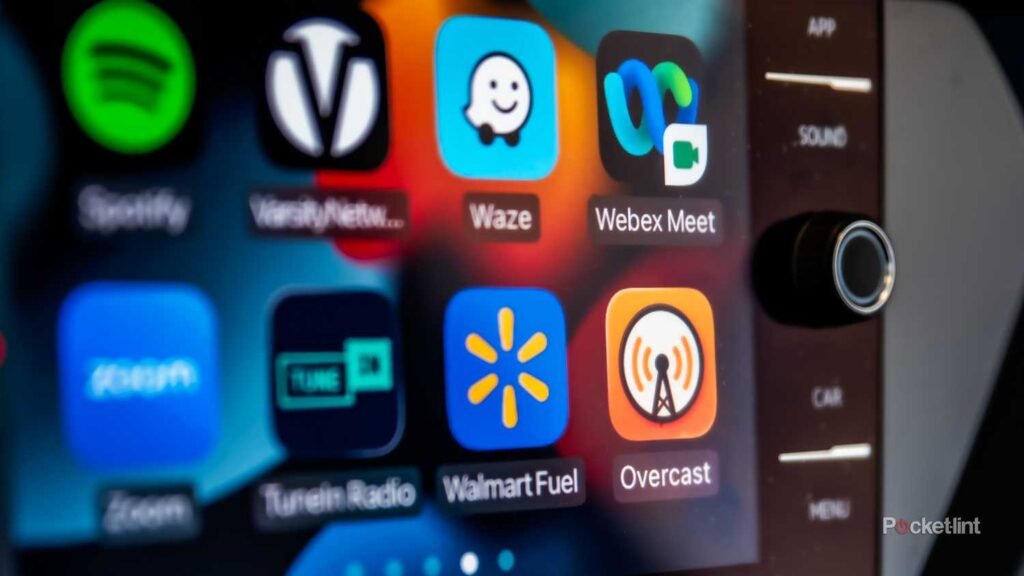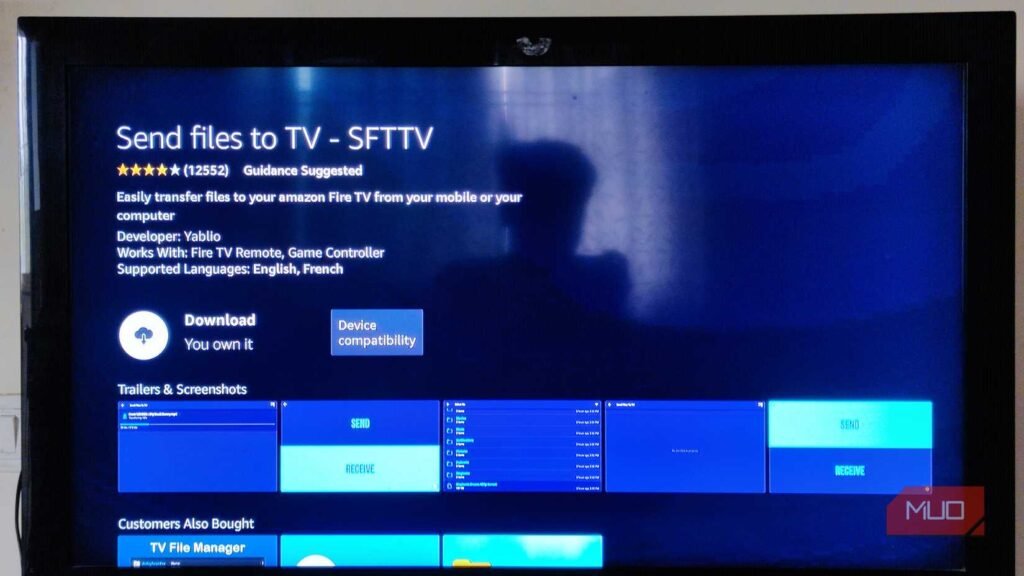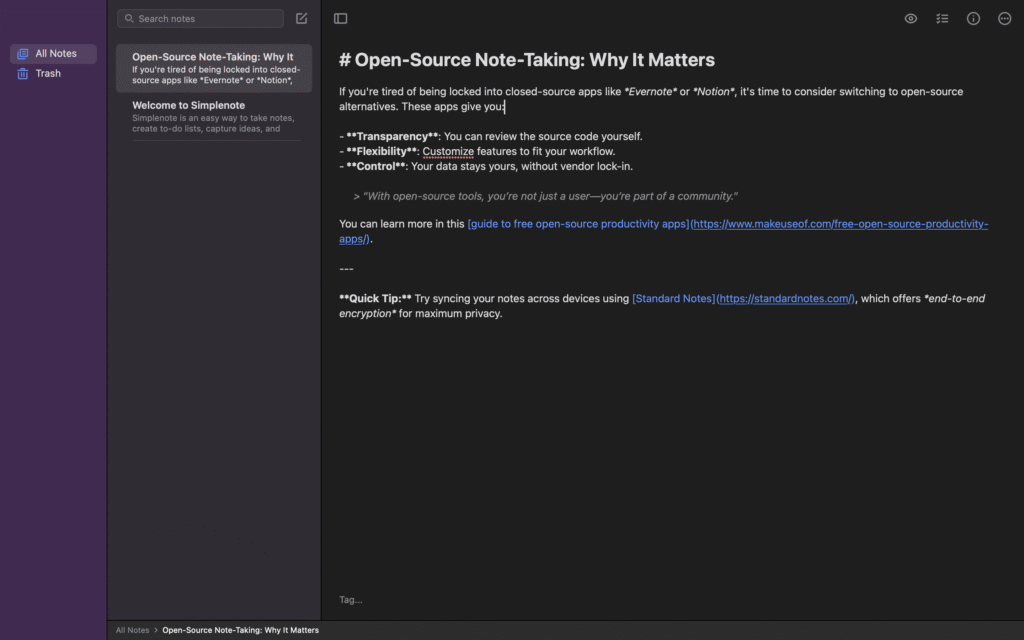
Algorithm-based digital platforms like Uber Eats have revolutionized the food delivery industry over the past decade. But the surcharge for consumer convenience has its own cost, according to new research published in the Journal of Canadian Labour Studies.
According to the researchers, the industry’s rapid growth is based on two fundamentals: a large pool of readily available labor and that labor pool’s inherent economic precarity. Over the past several years, the pool has mostly been composed of young immigrant men.
Émile Baril, a postdoctoral researcher at Concordia’s Institute for Research on Migration and Society who worked briefly as a food courier himself, cowrote the paper with Mircea Vultur at l’Institut national de la recherche scientifique. The researchers conducted 30 semi-structured interviews with delivery couriers in Toronto and Montreal to gain insight into their working conditions and experiences.
The couriers found the work was difficult and paid poorly, and low barriers to entry led to over-recruitment, creating further precarity.
In Toronto, workers tended to be international students, usually from South Asia, who were forced to work long hours to pay for high tuition fees. Many of the workers in Montreal were also students or were awaiting diploma recognition. They primarily came from French-speaking parts of Africa or the Caribbean, particularly Haiti. Couriers in both cities were overwhelmingly young and male.
“We began looking into this just before the COVID-19 pandemic, but when everything went into lockdown, the food delivery industry exploded,” Baril says. “Platforms like Uber Eats found an opportunity to significantly lower pay floors for their workers. By 2022 or 2023, as conditions deteriorated, the Canadian-born part-timers—who were largely students or artists working a side gig—began flowing out of the industry. Economically precarious immigrants and international students began flowing in.”
Baril says working conditions are generally worse in Toronto, given its greater geographic distances, higher cost of living, lack of bike lanes and larger labor pool.
Impersonal forces drive low compensation
The authors write that couriers’ precarity is driven by three major dynamics.
- Customer as manager: Digital platform customers control a worker’s pay through tips, ratings and complaints, and can track their movement in real time. As a result, workers are often punished for things they can’t control—like restaurant delays or heavy traffic. Biases around race or gender can also hurt their scores and income.
- Algorithmic control: Which driver gets what delivery and how much it pays is decided by a hidden computer system, not a human manager. Workers report “guessing the system” to get decent orders. Meanwhile, the app records their movements, and accounts can be shut down without warning. This lack of transparency deepens the platform’s control over couriers’ choice of deliveries.
- Structural exploitation: Couriers are often kept waiting at restaurants without pay, and women in particular face unsafe situations on the job. Couriers also complain that over-recruitment floods the labor market. With so many workers competing, pay drops so low that many end up making less than minimum wage once costs like gas or bike repairs are added in.
Baril speculates that recent changes to Canadian immigration policy, including lowering the cap on international students, may lead to better conditions as labor markets tighten. But he believes there will always be a group of economically precarious workers willing to do this kind of work.
“Some couriers I spoke to said that they would still prefer to work as an Uber Eats courier than spend hours every day traveling to work at a factory on the outskirts of the city,” he says.
“Predicting how this will turn out is difficult. One down year for international students won’t be enough to substantially change this industry.”
More information:
Émile Baril et al, Navigating Streets, Restaurants, and Algorithms, Journal of Canadian Labour Studies (2025). DOI: 10.52975/llt.2025v95.007
Citation:
Food delivery apps depend on cheap immigrant labor to survive, research shows (2025, September 23)
retrieved 23 September 2025
from
This document is subject to copyright. Apart from any fair dealing for the purpose of private study or research, no
part may be reproduced without the written permission. The content is provided for information purposes only.





